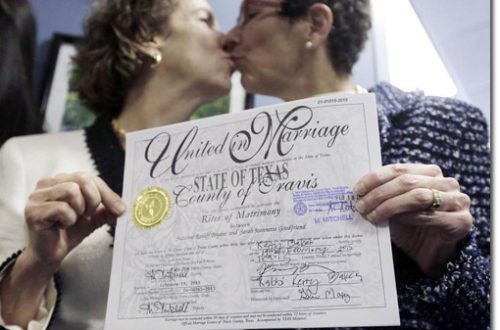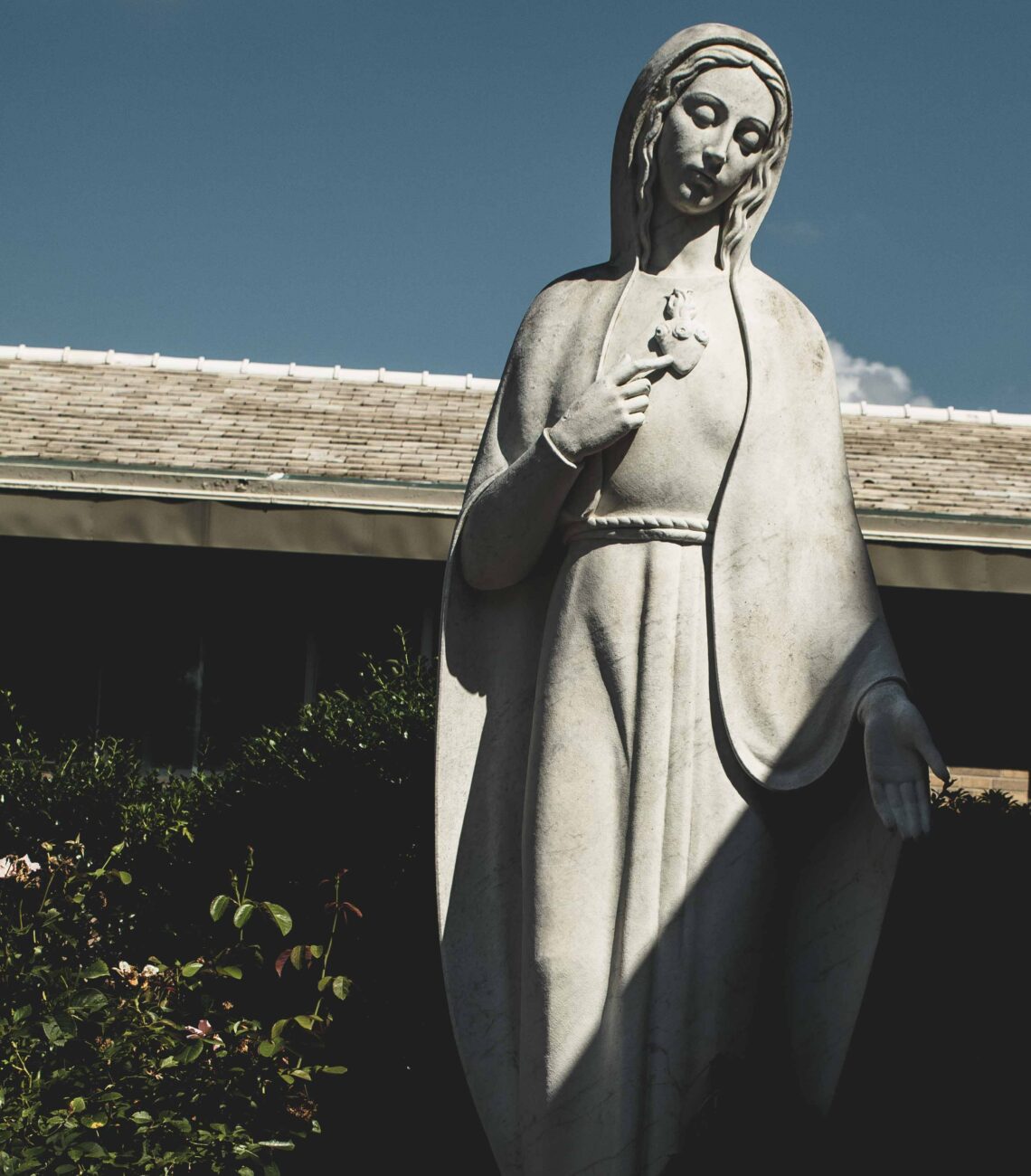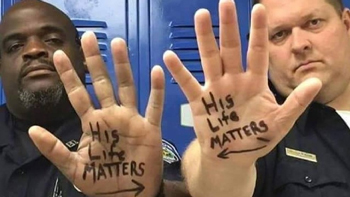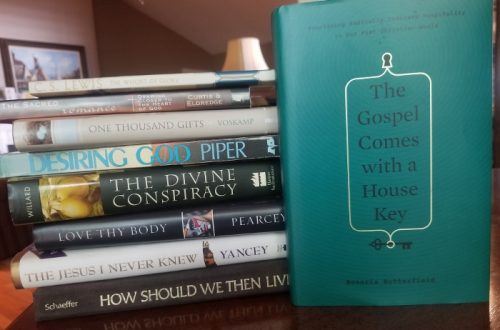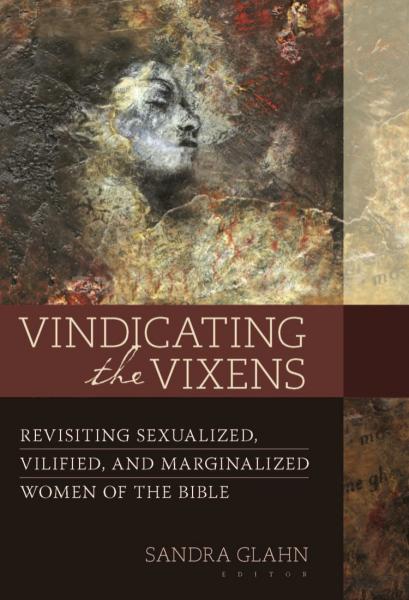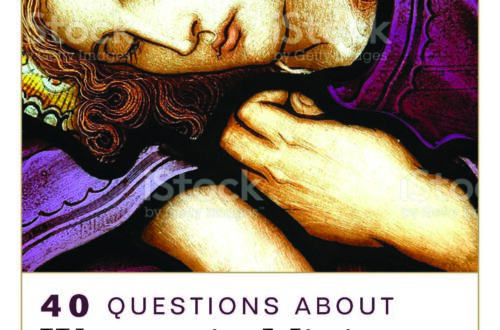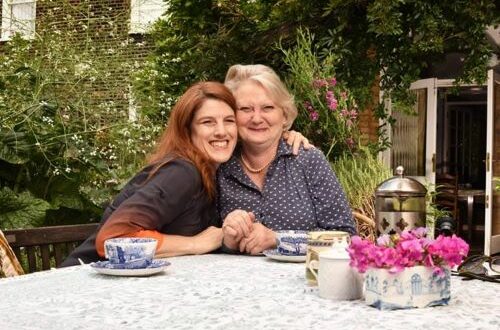-
About Bathsheba…
Today I’m happy to feature Lindsay Ann Nickens, a budding Old Testament scholar at Dallas Theological Seminary, in this guest post about Bathsheba. Lust, betrayal, shame. These words often come to mind when we hear David and Bathsheba’s story. But 2 Samuel 11–12, where we find their story, is primarily—surprisingly—a war text. The story begins with a spring setting, at a time when kings customarily go to war to enlarge national boundaries and defend territories from invading kings (11:1). The Old Testament describes Yahweh as invested in defending Israel as a place solely devoted to his worship. Yet David chose to stay home during the war season instead of investing…
-
Resources to Know About
PODCASTS, ARTICLES, AND BOOKS Article: Ever notice how both Adam and Eve got rebuked for their mutual sin (Gen. 3)? And how both Ananias and Saphira got in trouble for their mutual sin (Acts 5:9)? And how both Ahab and Jezebel had consequences for their mutual sin (2 Kings 9:10)? But only David gets rebuked for his crime against Bathsheba? See this article: “Blame David, Not Bathsheba. The Prophet Nathan Did: In the Book of Samuel, three key voices say he’s the guilty one, not her.” Dr. Carmen Imes, author of Bearing God’s Name (you can read here the interview I did with her when Bearing God’s Name came out) wrote the piece for Christianity Today.…
-
What kind of God initiates suffering for the innocent?
One spring when kings normally go out to lead their troops, King David of Israel hangs out in the comfort of his palace. There, from his hilltop, he spots Bathsheba washing. And he wants her. So he sends his guards to fetch her. And he takes her as his own. Soon David learns Bathsheba has become pregnant by his actions. So he has her husband killed in battle, and David takes her as his wife. She mourns for her husband (2 Sam. 11:26). And the biblical text reveals, “The thing that David had done displeased the LORD (v. 27). So the prophet Nathan confronts David; through Nathan God says, "Out…
-
A New Perspective on Bathsheba by Grace Holik
The popularity of Hallmark Christmas movies confirms–we love when those great love stories end "and they lived happily ever" but we loath when the story ends with breakups and broken hearts. That's why Hallmark movies never do. Authors and commentators seem torn between the idea of David and Bathsheba as an epic forbidden romance or a forced assault of power. I would argue for the latter. This isn't a love story between a sinister temptress who seduces a dashing king as they both consent to a riveting affair. Instead, this story demonstrates the misuse of power and deceit, as sexual lust takes precedence over the value of human life. …
-
#MeToo: A Time to Believe, A Time to Disbelieve
First, we have the accused: Bill Cosby. Donald Trump. Judge Moore. Harvey Weinstein. Kevin Spacey, Matt Lauer, Charlie Rose, Al Franken, Louis CK, George HW Bush, Dustin Hoffman, James Toback, Brett Ratner, Russell Simmons, Mario Batali, Harry Thomas… . On the other side are the accusers, those who have spoken up via #MeToo, #BalanceTonPorc, #YoTambien, #Ana_kaman, #churchtoo, and many others . . . millions of men and women claiming abuse. One of the surprises for me as so many good people in my life have come forward with their stories is how the initial reaction of some other good people has been to (1) discount it all as a trendy…
-
Mary Magdalene = #NotAProstitute
What do you get when you mix myth, legend, incorrect interpretation, and a dose of Hollywood all together? The misrepresented life story of Mary Magdalene—shaken, not stirred. For centuries Mary Magdalene’s reputation as a reformed prostitute has lived on, despite her official Roman Catholic exoneration from bad-girl status in the 1960s. Just do a simple online search for Mary Magdalene and you’ll quickly feel overwhelmed by the plethora of books and movies that portray her not only as the penitent prostitute, but also as Jesus’s secret lover, an apostle greater than John or Peter, and the poster child of gnostic literature. Yet of the thirteen times the New Testament mentions…
-
Vindicating the Vixens
Vindicating the Vixens (Kregel Academic, forthcoming, Octobre 2017) is the work of a diverse team of sixteen male and female theologians who’ve partnered to take a second look at vilified and marginalized women in the Bible. The church has often viewed women’s stories through sexist eyes, resulting in a range of distortions that cause us to miss what we should actually see in the text. In this panel discussion three theological professors and three seminary graduates talk about the women they revisited. SaveSave SaveSave
-
The Five Not-So-Scandalous Women in Jesus’s Genealogy
The Gospels include two genealogies of Jesus (Luke 3:23–38 and Matthew 1:1–17). Luke’s version traces our Lord back to Adam, placing him over the family of mankind. Matthew’s list establishes Jesus as heir to the Davidic dynasty. But another key difference between the two is that Matthew’s list, unlike most such lists in the first century, includes five women. Why? Sadly, if we do a quick Google search on the females in Jesus’s genealogy, we find that many, if not most, people conclude, “To show what great sinners God incorporated into the family tree.” We see words such as “scandalous” and “immoral” that point to the past sex lives of…


